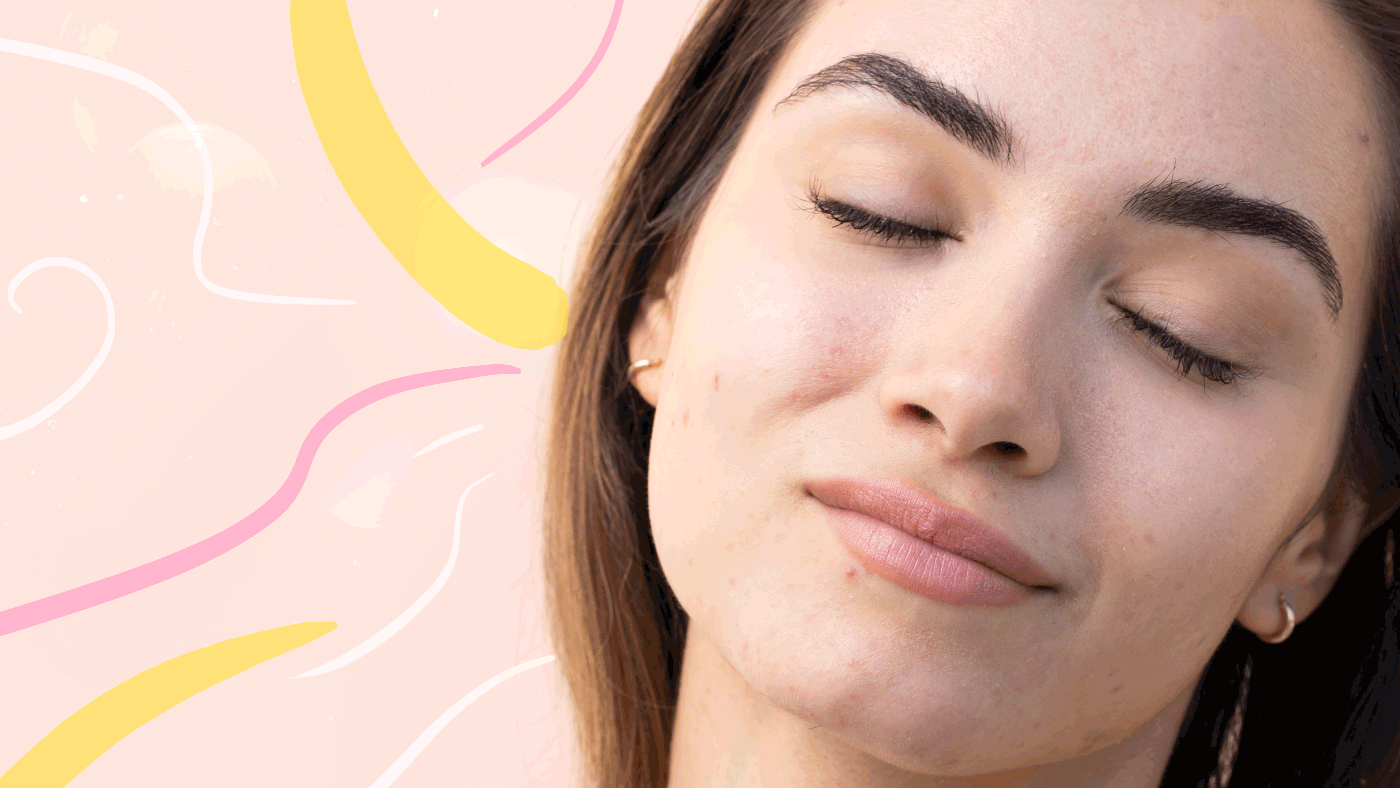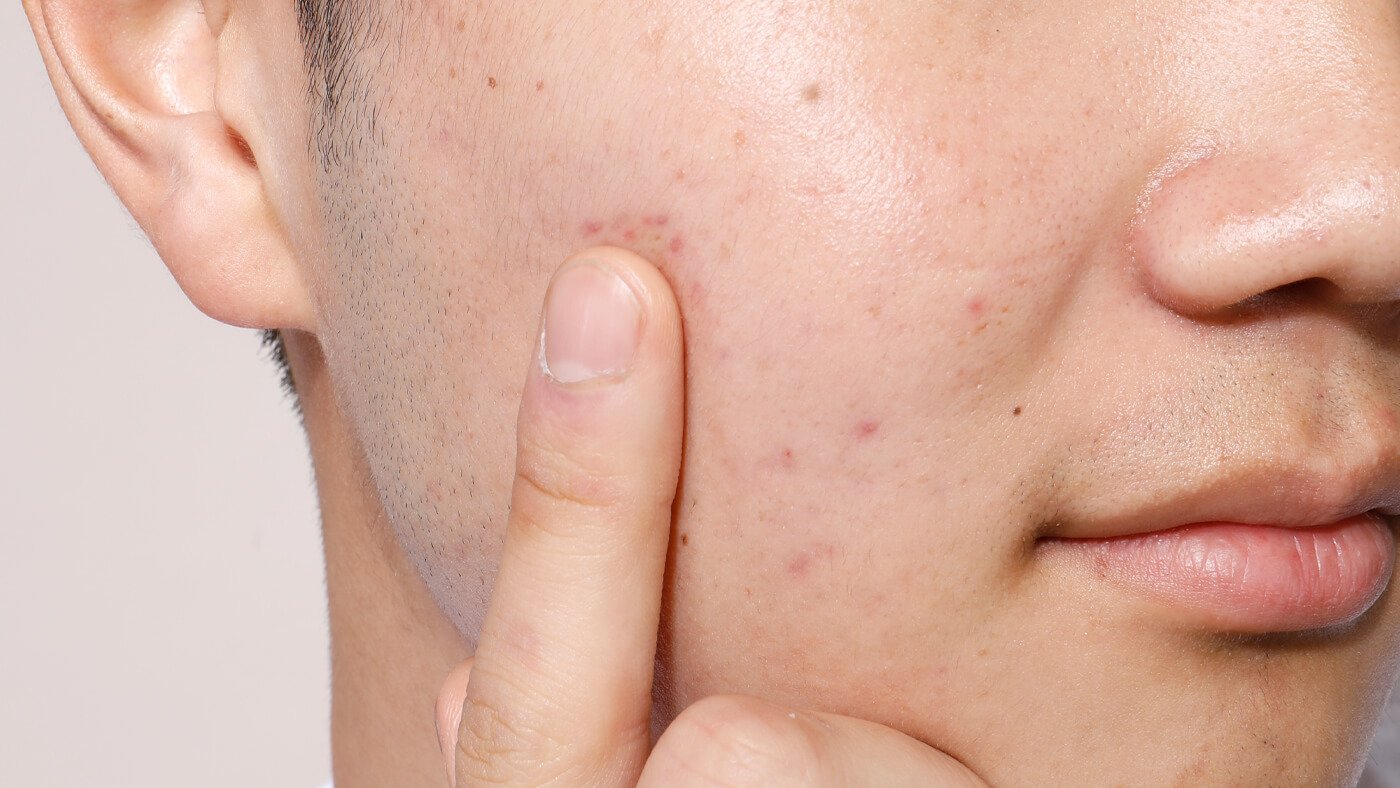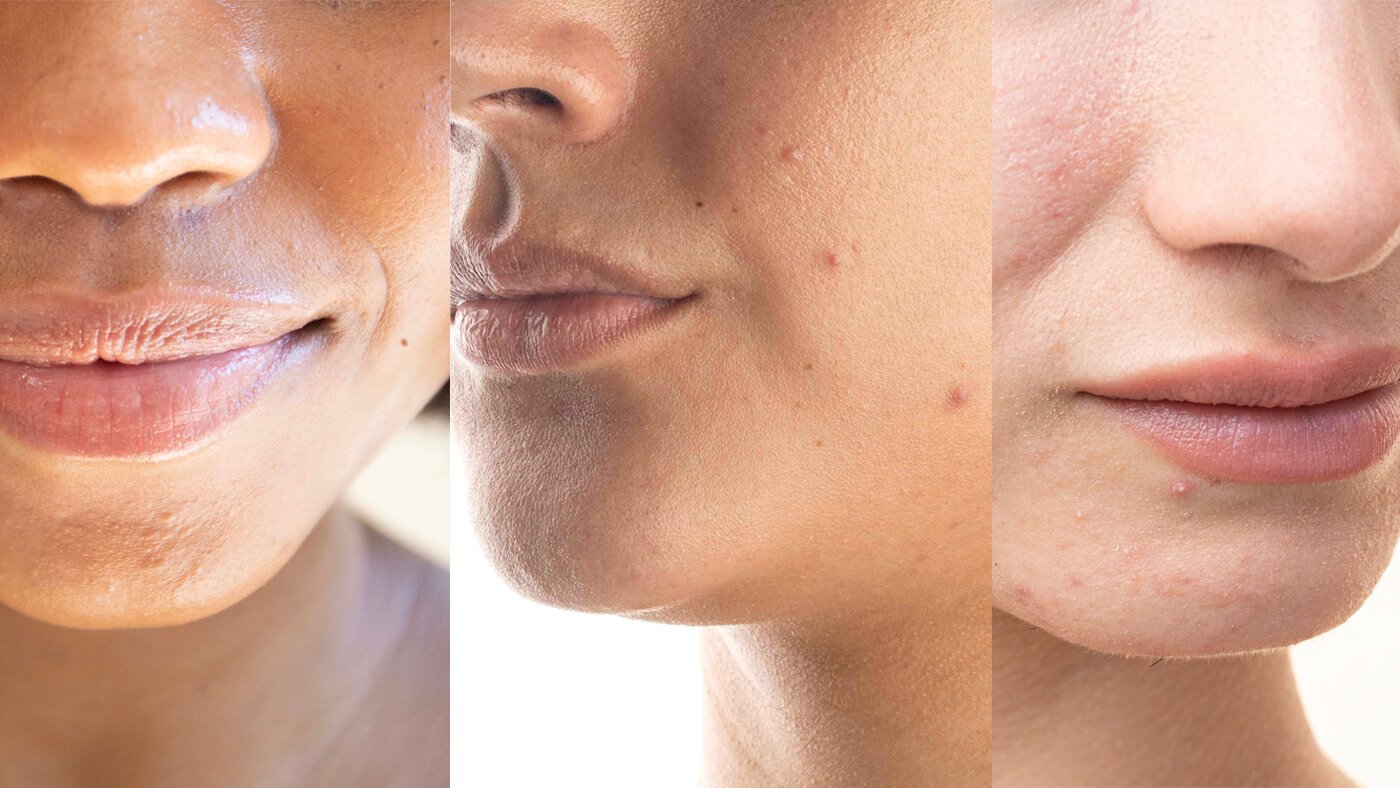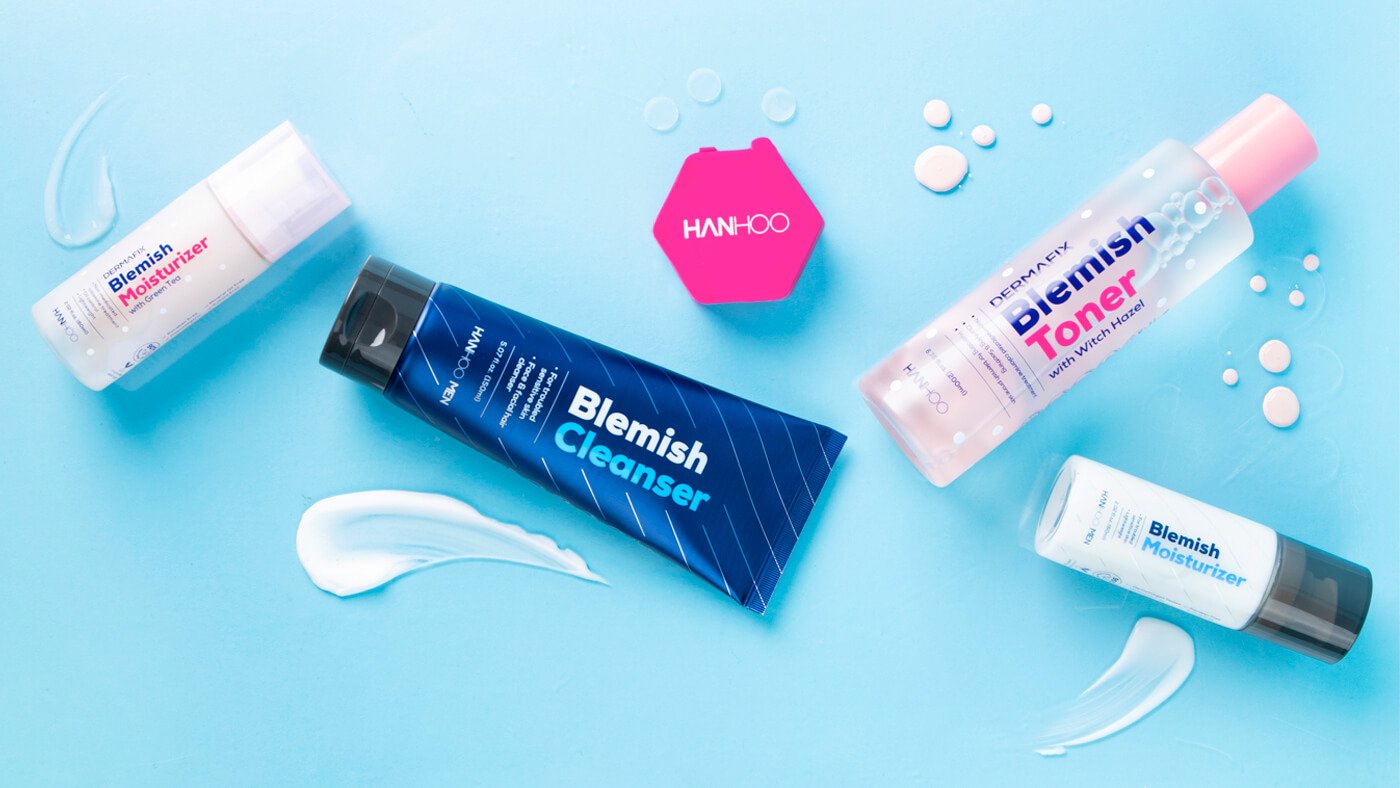Whenever you have a huge test coming up or have a lot on your plate at work, you might start to feel a bit more stressed. And with that stress you might also notice that you tend to break out or your current breakouts get worse. But does that stress really cause breakouts or is it unrelated?
It’s commonly thought that stress can trigger acne. However, stress alone can’t actually cause acne, but if you do already have acne, then stress can make it a bit worse. Acne is usually caused by a blockage in the pores from dead skin cells and excess sebum, and can also be triggered by hormones (like period acne but stress acne is not exactly the same as hormonal acne).
So how does stress affect acne?
When you experience a lot of stress, the stress hormone cortisol is released. Cortisol ramps up sebum production in the skin, causing excess oil which can then clog pores and result in acne. On top of that, cortisol also slows down wound healing, making your breakouts during stressful times seem like they last a bit longer than usual and take longer to heal. Apart from acne, stress can also cause other skin conditions like rosacea and eczema to worsen.
Since cortisol triggers an overproduction of sebum, you may notice more breakouts on your t-zone area during particularly stressful times. The t-zone has more oil glands, which is also why the t-zone is usually the oilier part of the face. And since there are more oil glands on this area of the skin, then you can expect breakouts to commonly appear on the t-zone.
On another note, cortisol is also released whenever you experience a lack of sleep, so it’s important to keep in mind that a good sleep schedule is important to prevent aggravating any skin conditions you may have.
Is stress acne different from other types of acne?
Although cortisol is a stress hormone, stress-induced acne is not necessarily considered hormonal acne. Hormonal acne typically occurs along the chin and jaw and is triggered by such things like your menstrual cycle.
During your menstrual cycle, the hormone androgen triggers acne and you’ll notice acne pop up in the week leading up to your period and may calm down once your period is over. Period acne can also pop up as pretty painful cysts too.
On the other hand, stress-induced acne can occur whenever you’re going through a stressful time and isn’t limited to your menstrual cycle. Stress acne also isn’t limited to a run-of-the-mill pimple, it can also trigger blackheads, inflamed bumps, and pustules.
How can I treat stress acne?
Figuring out whether your acne is caused by stress or by your menstrual cycle can be helpful in determining how to treat and prevent acne. For period acne, it may not be easy to prevent since the hormonal fluctuations during the menstrual cycle are pretty inevitable. As for stress-induced acne, you can try to control it by managing your stress and keeping up a solid skincare routine.
Like most acne, stress acne is caused by overproduction of sebum which then can lead to clogged pores and acne. Given that it is pretty similar to most acne, you won’t need a whole separate routine to treat stress acne. If you already use products that help regulate oil production and break down dead skin and sebum in pores then you should be good to go.
If you don’t already have a skincare routine for acne, you can start with a cleanser that contains ingredients like Salicylic Acid, to exfoliate all the gunk trapped in your pores. As for a moisturizer, since stress acne comes from an overproduction of oil, you’ll want to avoid heavy moisturizers and look for ingredients that help regulate oil production like Niacinamide and Hyaluronic Acid.
Stressful times can also cause us to be quite fidgety. If you find yourself unable to stop picking at acne during these times, try incorporating blemish patches. Patches help extract gunk from pimples and also have the added benefit of preventing picking.
Aside from topical treatments for stress-induced acne, you can also try to treat the source: stress. Now this doesn’t mean that you should just will yourself to not be stressed. Everyone gets stressed for a bunch of different reasons. But, there are ways you can try to treat your stress on your own to help minimize its effects on your health and your skin.
For instance, try doing things that help relax you to help control stress. You can try reading a book, listening to calming music, or basically doing anything that you enjoy or brings you some relief from whatever is causing the stress. Learning to manage your stress can help when it comes to preventing stress-induced acne.
Managing stress and updating your skincare routine to treat acne can help curb breakouts that can pop up during stressful times. However, if you find your acne to be a bit severe and difficult to treat it is best to consult a dermatologist for advice.






